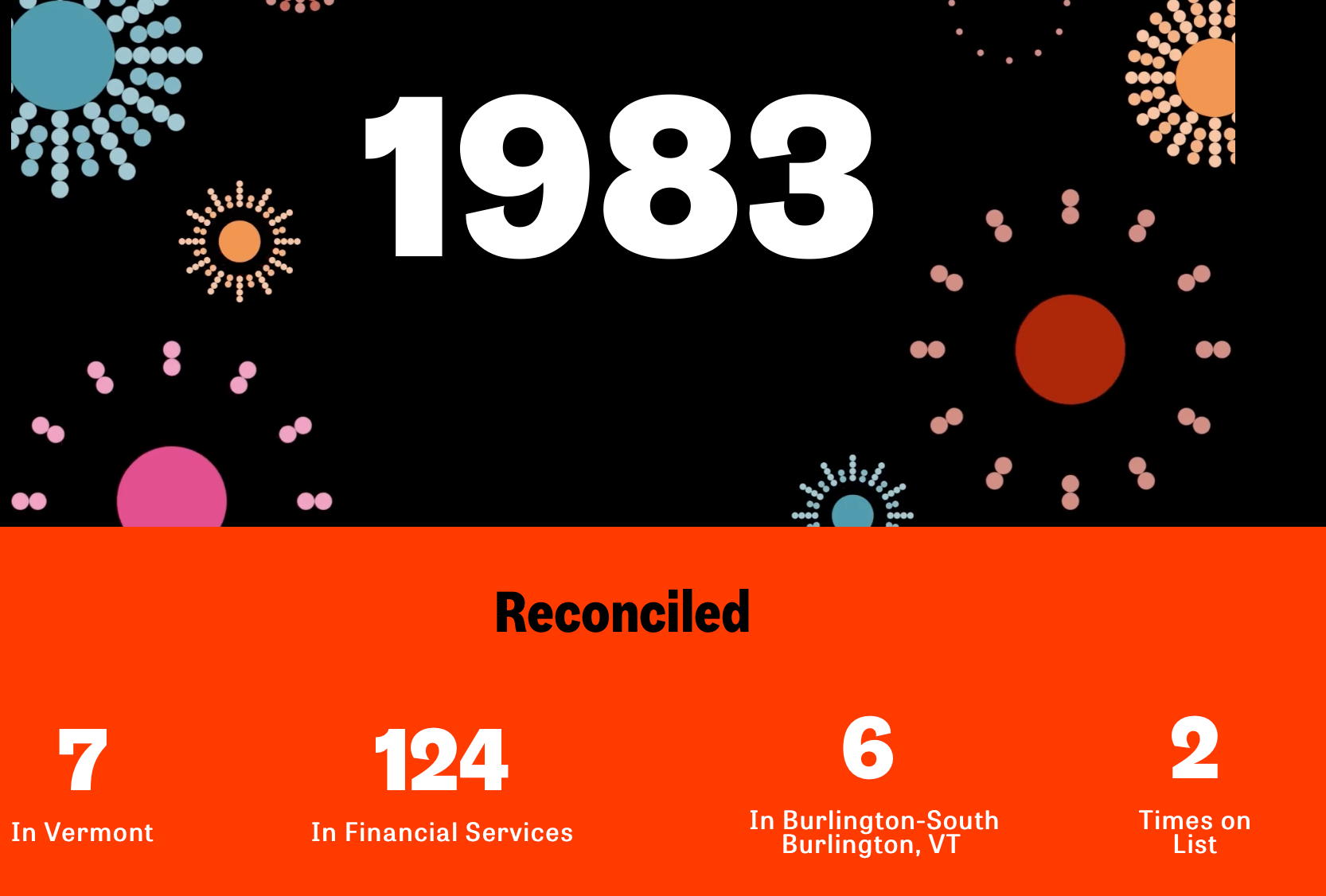With the recent unlimited Paid Time Off trends hitting big companies like Netflix, LinkedIn, Virgin, and Hubspot, other companies might just be wondering more about it too.
What is unlimited paid time off? How do I manage it? What makes it so attractive? In a way, unlimited paid time off does seem too good to be true. It means that employees can, in theory, take time off whenever they want, for any reason, and still get paid for it.
Who wouldn’t want to take advantage of such an offer?
Well, they say that if something looks too good to be true, it probably is. Here are a few “cons” that both employers and employees will want to bear in mind when considering unlimited paid time off.
1. We Don’t Take Enough Time Off
According to the Bureau of Labor Statistics , 76 percent of private industry workers get paid vacation days, and they take 10 a year. That means, on average, all employees can’t be expected to take enough time off to make this worthwhile for them.
And if the PTO agreement isn’t accrued over time, it means that the employers can make money off employees when their positions end, and even year-to-year.
2. Vacations Still Need to Be Approved
With unlimited paid time off, the employer still needs to approve when and how much time an employee takes off. Therefore, it’s still potentially subject to bias. For instance, employers will not necessarily approve a month of paid time off after working only six months on the job just because you want to travel to Thailand or Europe.
On the flip side, if it’s always subject to approval, it’s not necessarily going to cover the moments that really matter to the employee. Such as, when a family member gets sick, or if they are planning a two-month sabbatical.
3. Unlimited PTO Does not Reward Length of Service
About 87% of organizations offer PTO or other types of paid accrual based on seniority, according to the SHRM .
While traditional vacation models offer more vacation as an incentive for loyalty and longevity with a company, employees will not get rewarded with more accumulation of PTO, even if they’ve been there longer than another coworker.
A senior employee who may have a greater workload is at a disadvantage, and could even get work dumped on them if a newer employee takes more frequent vacations.
4. Companies May Save Money and Employees May Lose Out
PTO policies usually end up with people not taking days off so that the employer actually makes money at the end of a period if people don’t take them. But with unlimited PTO, there is no accrual so that if a company quits the employer doesn’t need to pay them out.
5. May Promote Competition and Overwork (or the opposite)
Sometimes people won’t take their PTO because they want to “look good” and get ahead as they may compare themselves to counterparts who may appear “lazy” if they take too much time off.
They may also lookup to leaders who take 60-hour weeks and may even want to move up the ladder. In other words, some people still have the “live to work” mentality and won’t get out of this even if offered a “free” vacation time.
Can unlimited paid time off work at all?
Perhaps the very concept of “unlimited” PTO is not realistic for every single employer or employee. But it can work well in certain types of environments. Specifically, those which have real transparency, a relatively non-hierarchical structure, and where employees have project-based or results-based (autonomous) work rather than hourly wages.
In general, unlimited paid time off sounds great, but we think that there should be “limits” placed on PTO. Company culture and policy need to be addressed first before determining if unlimited PTO fits your organization. Also, everyone at your company needs to ensure that revenue targets are met and cooperation is encouraged.
The post Why Unlimited Paid Time Off isn’t Always a Dream for Employees appeared first on Reconciled.
Recent Posts







